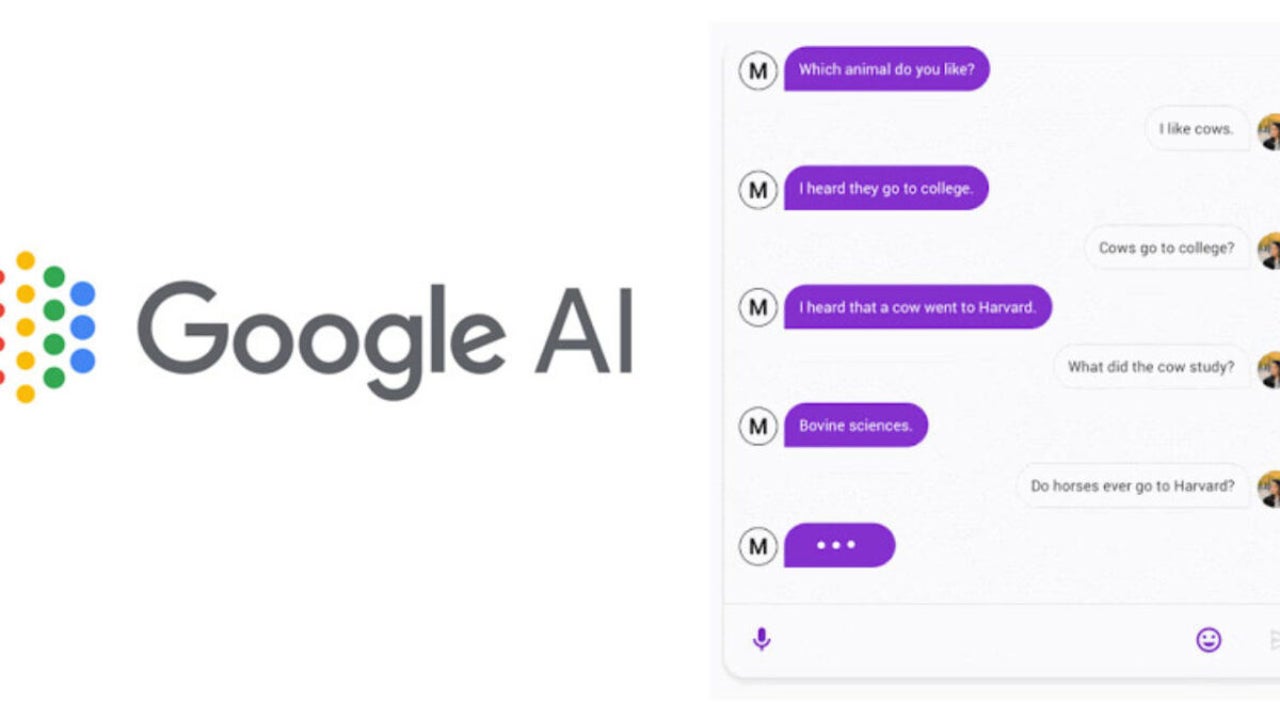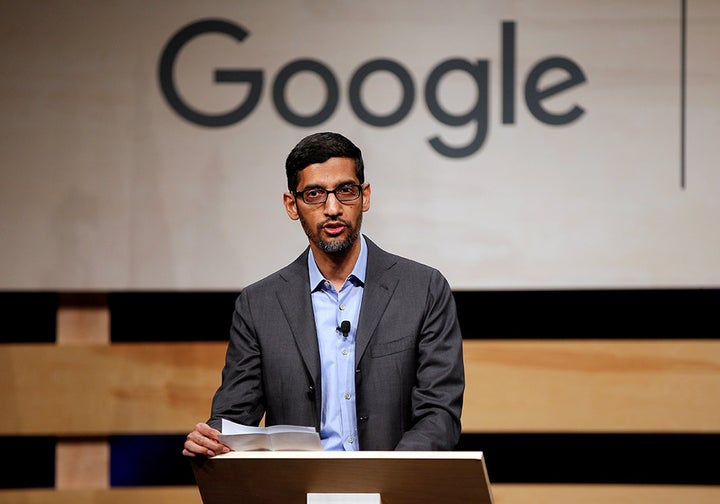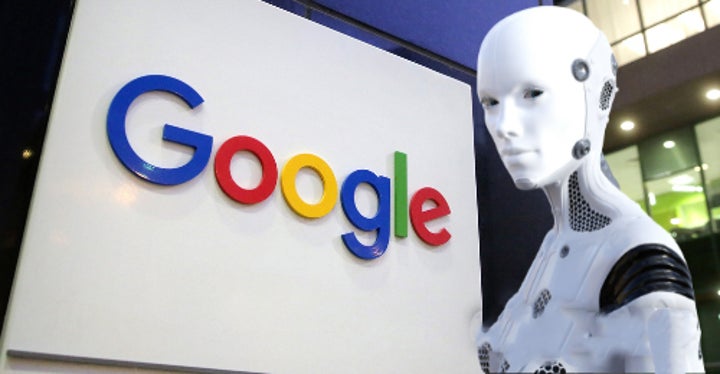News
Google’s AI Chatbot is Here and It’s Ready to Challenge OpenAI!

- February 5, 2023
- Updated: July 2, 2025 at 3:03 AM

Google CEO Sundar Pichai has hinted that the company may challenge OpenAI’s ChatGPT by offering users the ability to ‘directly interact’ with its most advanced language models as a complementary feature to Search. This would represent a significant step for the company as, despite its long history of AI research and development. Google has yet to present a public equivalent to popular AI systems such as ChatGPT and DALL-E, which pose a potential threat to its core operations.

In Yesterday’s earnings call, Pichai discussed Google’s plans to take advantage of the limitless potential of AI. He stated that the technology is reaching a turning point and mentioned that the company’s prior AI research was instrumental in the development of today’s generative AI applications. The CEO emphasized the company’s commitment to unlocking the full potential of AI.
Regarding Google’s own AI initiatives, Pichai stated that the company has several plans in the works and has been preparing for them since the beginning of last year. The first language model that users will be able to interact with directly is LaMDA, Google’s conversational AI model. However, the exact form of this interaction has yet to be determined.
It’s not the first time that the public has been able to access LaMDA. Victoria Song from The Verge demoed a writing app powered by LaMDA last year, and Google’s AI Test Kitchen offered limited interaction with the model after individuals joined a waitlist. However, there has not been a widespread phenomenon like the one seen with AI models like ChatGPT, where numerous Twitter users share examples of what the model has generated, or use it to write introductions for podcasts or homework essays.
Given the speculation that ChatGPT could potentially replace Google search (which is not currently feasible for various reasons), it’s likely that Google has felt pressure to leverage its AI capabilities. It has been reported that Google has employees evaluating its own AI-powered chatbot alternatives to ChatGPT. It won’t be surprising if the company is also experimenting with its internal tools for transforming text into images or even video.

Still, it appears that Google may be proceeding with caution and not granting unrestricted access to its AI technology. As a publicly traded company, it wants to avoid a situation similar to the release of Tay, Microsoft’s AI chatbot. Pichai stressed that the company is approaching AI with a ‘deep sense of responsibility.’ During the call, he also stated that Google will be ‘careful’ and will initially launch AI as lab features or beta features, gradually scaling up usage over time.
Despite the cautious approach, Pichai believes that the market is ready for AI products. The public’s interest in experimenting with AI is evident, and it seems that Google is poised to make its own AI offerings accessible to consumers. Whether society as a whole is ready for such technology remains to be seen.
Google is currently in a sticky situation with the U.S Department of Justice over anticompetitive business practices. It’ll be interesting to see if Google’s AI-powered chatbot will be able to coexist in harmony with OpenAI’s ChatGPT, as ChatGPT currently does with so many other chatbots. The other alternative is that Google may use its global reach and considerable power over the tech industry to try and initiate a monopoly over AI-powered chatbots. All we can do is wait and see.
Latest from Russell Kidson
You may also like
 News
NewsVince Gilligan's new series has shattered all viewing records on Apple TV
Read more
 News
NewsStar Citizen is one of the great space video games and its origin is a B-movie
Read more
 News
NewsFallout 4 receives a huge new expansion, although it is not brought to us by Bethesda
Read more
 News
NewsThe Teenage Mutant Ninja Turtles will receive a new live-action movie, although not without some buts
Read more
 News
NewsDragon's Dogma 2 is one of the most divisive games in recent years, it has reached a tremendous sales milestone
Read more
 News
NewsBrendan Fraser is delighted to make a sequel to this movie 20 years later
Read more